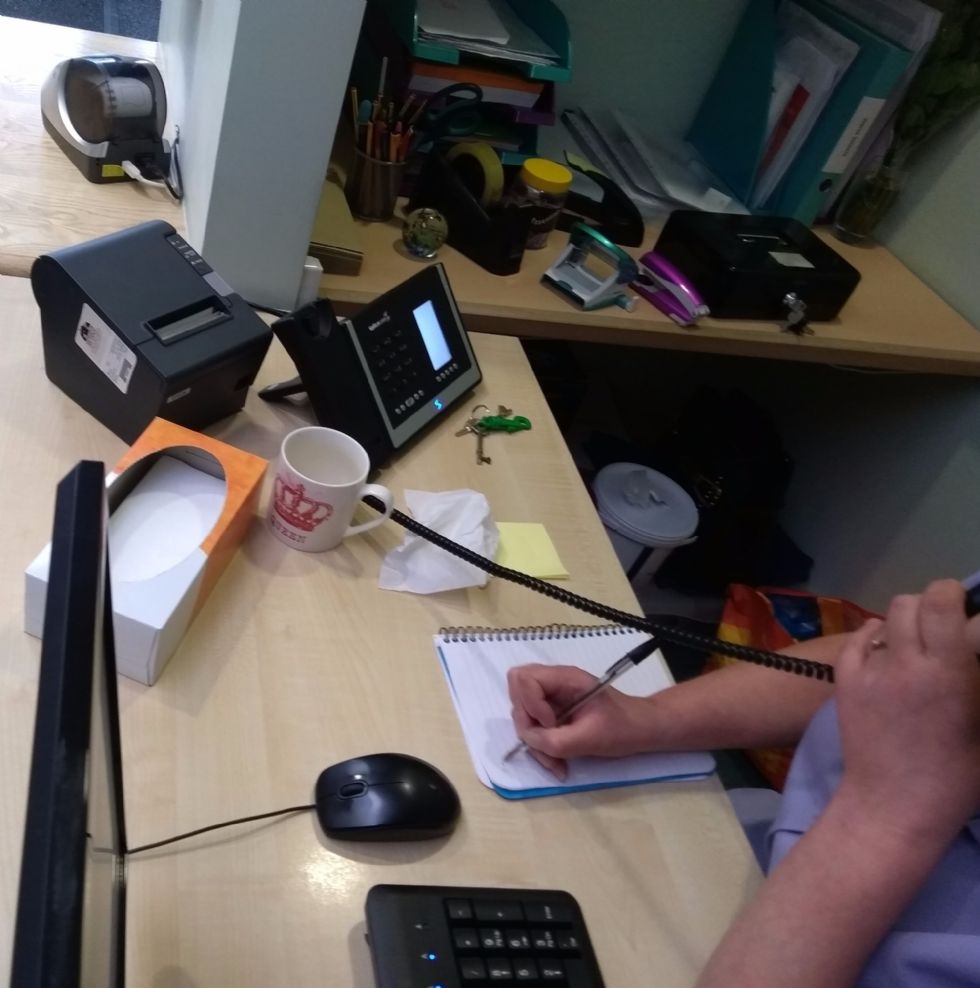My Child is Unwell
If your child is unwell phone the school on 023 8073 3415
Select Option 1
This is a 24 hour service
Should my child come into school if they are unwell?
We appreciate it can be difficult to judge whether your child is well enough to attend school.
How do I know if my child should be in school?
The school uses the NHS Wessex Healthier Together resource as guidance.
Alternatively, you can download the App through your device.
The table below summarises the key information from the website. As you can see, in almost all circumstances, children should be in school.
What if I am still not sure?
Send your child into school. We will always contact you if your child is not well and needs to return home. In most circumstances your child will be fine.
What if a child is in school but is unwell or has returned too early?
If we are aware your child is not well enough to be in school they may need to be removed from the classroom and away from their peers. You will then be contacted and will need to collect them. This is for the wellbeing of all our children and staff.
What do I need to tell the school if my child is unwell?
It is vital that if your child is unwell that you make contact with the school and explain exactly what is wrong. We have children in the school with a range of medical needs and this piece of information could be vital to keeping them safe. If your child is absent for longer than three days we require medical evidence.
Can medication be administered in school?
Children can come to school if they are taking prescribed medicines, as staff are able to give them their medicine in school. The school office can support you with this and the relevant paperwork. You can also request to see our school nurse, Angela Holloway. Please ask reception for her contact details. If medication is not prescribed we are unable to administer this, though you are free to come into school to do this yourself. Further advice is available from NHS 111 or your local pharmacist.
If you have any questions at all do not hesitate to get in touch.
|
What’s wrong? |
What to do? |
|
High temperature |
|
|
Headache, earache and stomach ache |
|
|
Coughs and colds |
|
|
Flu |
|
|
Sore throats, tonsillitis and glandular fever |
|
|
Diarrhoea and vomiting |
|
|
Head lice |
|
|
Scabies |
|
|
Threadworm |
|
|
Hand, foot and mouth, warts and verrucae, athletes foot and molluscum contagiosum |
|
|
Conjunctivitis |
|
|
Impetigo |
|
|
Measles, Chicken Pox and German Measles |
|
|
Scarlet fever or strep throat |
|
|
Mumps |
|
|
Whooping cough |
|

